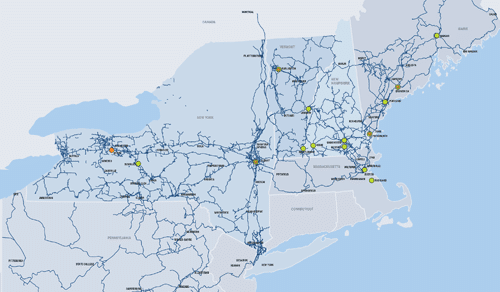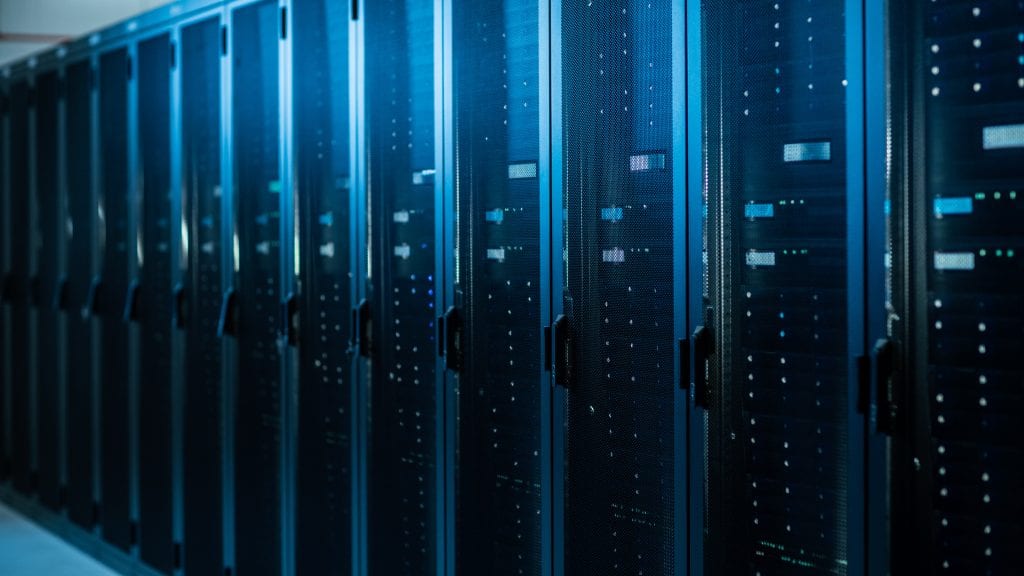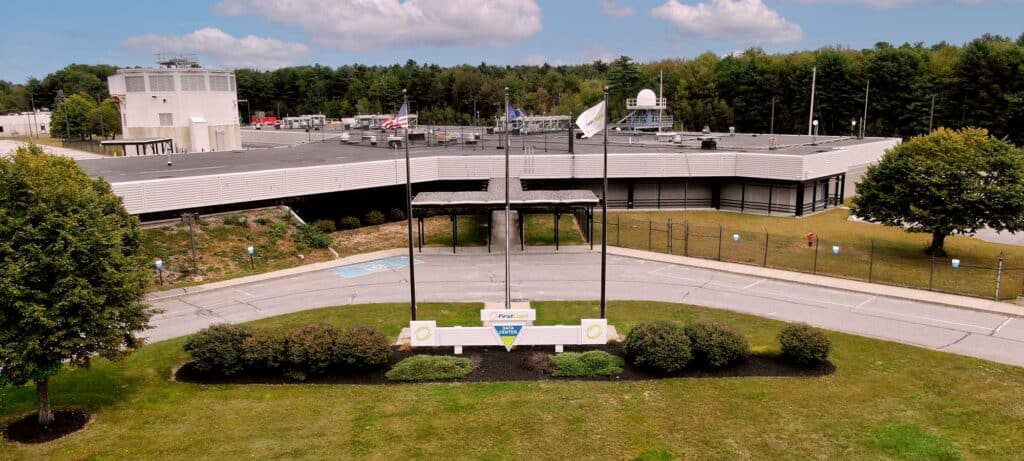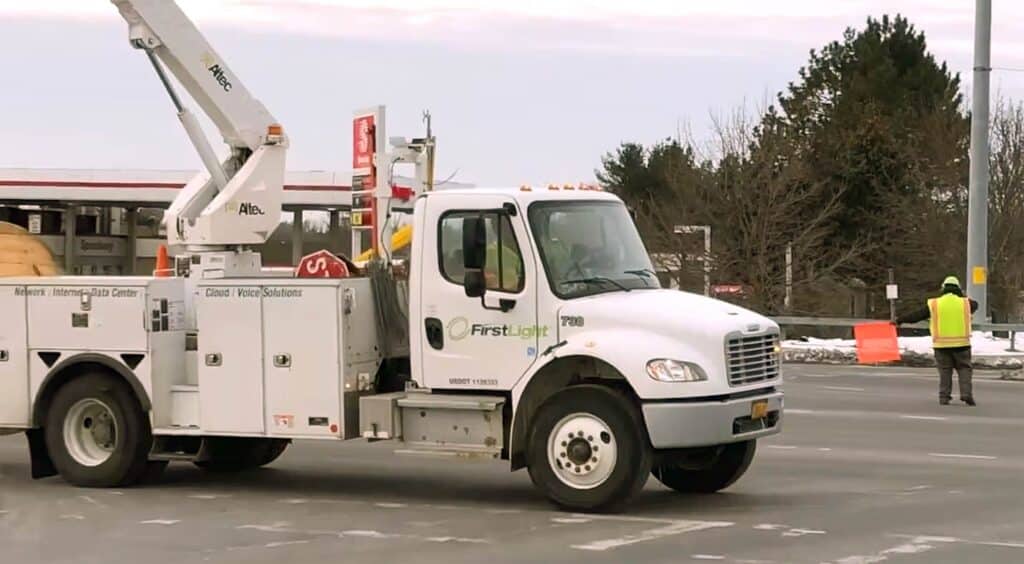
Some companies decide to move their data center off-site to access additional expertise and help with management. Off-site data center providers can usually provide backup and disaster recovery resources as well.
Data Center Frontier reported that data center pricing is now more affordable than ever. However, cost shouldn’t be the only consideration when evaluating data center providers.
Selecting a data center is a big decision. Your business will want to build a long-term relationship with the data center provider. You don’t want to risk getting stuck in a contract with a provider that doesn’t meet your needs. That’s why you should consider a list of criteria before settling on your choice.
Here’s a quick look at 8 things your company should find in a data center:
1) Security
Any data center you choose should provide both physical and digital security. Look for physical security measures, such as video surveillance and 24/7 facility monitoring, so that only authorized people can access both the site and your data center resources.
Cybersecurity solutions should also be in place. The data center should be protected by a next generation firewall and the provider should offer security solutions to help you safeguard your data in-flight and at rest.
 2) Redundancy
2) Redundancy
One of the main advantages of moving your data center to a colocation is gaining redundancy. Your company needs to maintain high levels of availability and business continuity to earn the trust of clients and customers.
Any data center you choose should have redundant devices and connections within the network. Redundancy prevents any single point of failure that would lead to a shutdown. Multiple sources of power generation and delivery are also important.
3) Sophistication/reputation of the provider
The reputation of the data center provider is key because you will likely be working together for a number of years. You are also entrusting the provider with your mission-critical data. Before selecting a provider, you will want to learn more about the company’s track record working with other, similar clients.
Sophistication is also important. The provider should have a team of experts with certifications in leading data center technologies. This team should be knowledgeable about solving complex data center problems and the latest innovations in data center technology.
4) Local support
As in real estate, choosing a data center is about location, location, location. Your data center provider should be close enough to offer support quickly, but far enough away to ensure regional disasters don’t affect the data center. Choosing a data center within a day’s drive allows you easier access to check on your physical hardware and data.
 5) Geo-diversity
5) Geo-diversity
As important as local support is, geographical diversity is also essential. The provider you select should have multiple data center sites available across your region, if not across the country.
Geo-diversity ensures that if a disaster hits your area, your data center will be far enough removed to stay up and running. Choosing a data center in your region, but at a safe distance, will provide more reliable disaster recovery.
6) Industry certifications
Along with technical certifications, the data center provider should meet industry compliance standards. If your company is in a highly regulated industry, such as finance or healthcare, you want to make sure the provider is familiar with compliance regulations governing data security and privacy.
Certifications you should look for are HIPAA for healthcare; PCI and SOC 2 Type 2 for finance; and CJIS and ITAR for the government and municipal verticals, among others. Working with a data center provider that understands and supports your compliance requirements will protect your company from the risk of facing fines.
7) Fine print in SLAs
Before signing on the dotted line, you need to read the fine print on your service level agreement (SLA) to make sure you are getting everything from the data center provider that you expect. Some terms of the SLA may be hidden in fine print, leaving you high and dry when a problem develops.
You should check the SLA for guaranteed levels of availability and security accountability. A data center provider should offer at least 99.999% availability. Security accountability can be a grey area, so the provider needs to be clear about what security measures it has in place to protect your hardware and data.
8) Managed service offerings
One way to get the maximum value out of a data center is through managed services. Data center managed services allow you to outsource routine tasks related to the management and maintenance of your data center.
Some of the managed services offerings to look for are managed security services, backup and disaster recovery services, and network monitoring. These managed services are typically affordable and can be offered as a package or a la carte.
Making the Right Decision
Whether you are migrating your data center to a colocation or choosing a data center for backup and recovery, if you follow this list of criteria, you should have no regrets.
For organizations in the Northeast or mid-Atlantic regions, FirstLight ticks all the boxes for data center. We have 14 data center locations across the Northeast. Our data center facilities deliver both physical and cybersecurity along with carrier-grade infrastructure. We offer multiple sources of power delivery and generation, as well as redundant network connections through our high-speed fiber optic network. Whatever your industry, we have the solutions necessary to meet your needs.
Get an inside look at two FirstLight data center locations. Watch our videos.






















